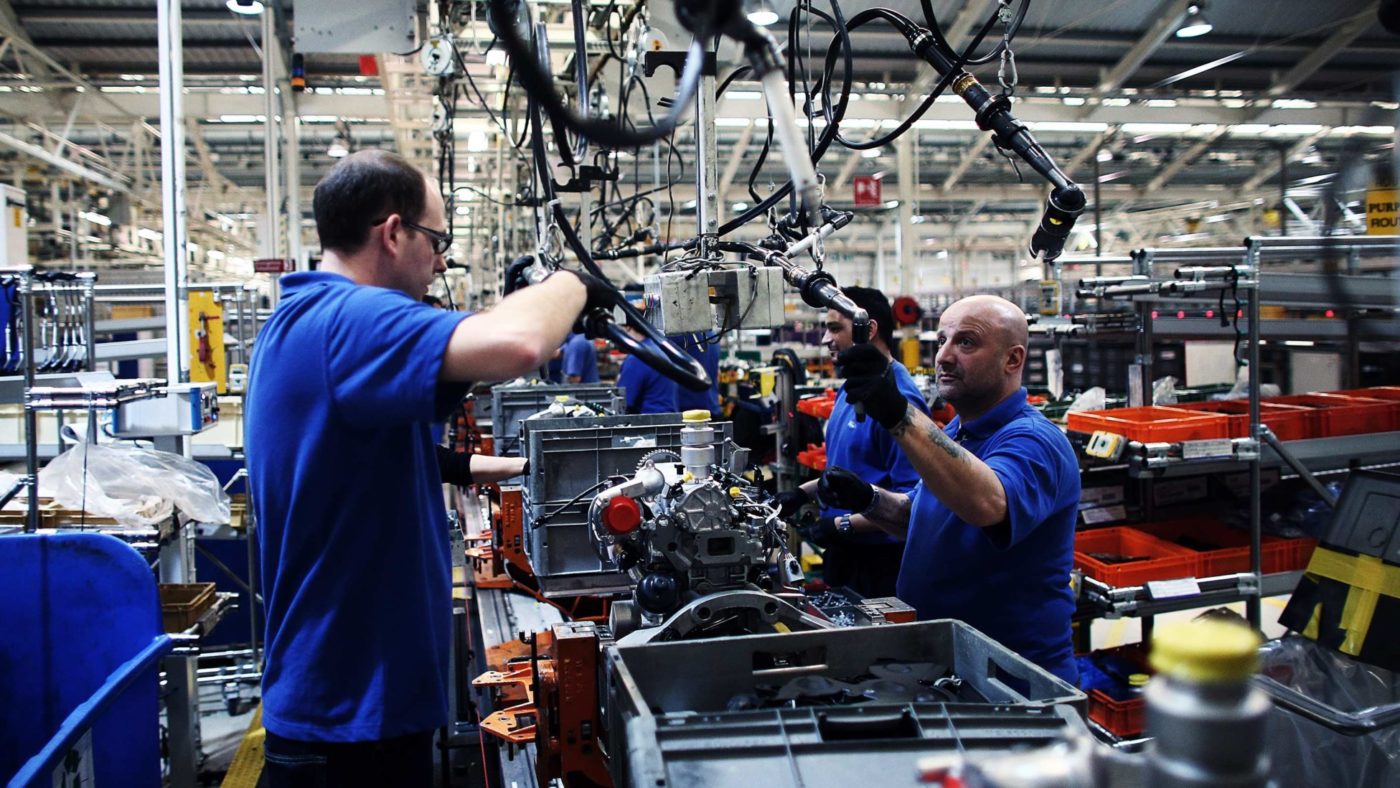Someone really needs to explain the economic facts of life to the Trades’ Union Congress – jobs are a cost, not a benefit.
Yes, we want people to be able to consume, for which they require an income. And yes ,that is normally achieved by having a job. But that job is the work they’ve got to do, that 40 hours a week excised from life, so that they can gain the income and thus be able to consume.
This is also true at a societal level. Using more human labour to achieve any specific task is a cost to us all, we’re deprived of whatever those workers would have produced if they weren’t doing that particular thing.
This brings us to the latest declaration from the TUC that the Government must create one million manufacturing jobs by 2030. This assertion fails at a number of detailed levels despite their having a whole report about it.
The first and most obvious is that manufacturing jobs are going the way of farming ones, and to the great enrichment of us all – despite what some nostalgic types might have you believe.
Time was when 90 per cent of the population had to labour in the fields to support the 10 per cent who did everything non-farming. Societies the world over were extremely poor, as everyone was spending their time in muddy fields instead of performing the kind of tasks which make up a decent and mature civilisation.
It was only when agriculture mechanised, with the concomitant surge in labour productivity, that we were all able to eat and had enough labour spare to be able to build factories for cars, computers and that great life enhancer, cotton underwear. These days, just 2 per cent of the UK workforce grows food for nigh on 100 per cent of the people.
Manufacturing has been going the same way: a huge number of the people liberated from working in the fields used to end up bashing tin in factories. Much like farm work, most of that industrial production has now been mechanised. And for all the doom-mongering about manufacturing jobs, industrial production has not fallen. We’re now within a few percentage points of the UK’s peak manufacturing output ever – and we are using less labour than ever to achieve it.
As labour went from fields to factory, now workers have gone from factories to working in services — which account for roughly 80 per cent of the British economy. As a nation we are richer by dint of using less labour to manufacture, just as we previously used less labour to feed ourselves. Indeed, there is now enough spare labour that more than 1 million people can work in the National Health Service, making it one of the world’s largest employers.
The second big question facing the TUC is, well, what should these million extra people be manufacturing? The British record of government deciding what is to be made doesn’t exactly have a great track record, the apotheosis being perhaps the Austin Allegro, Morris Marina, available in the sort of violent orange normally only seen in bodily accidents after a really bad curry.
Of course, there are also the ritual demands that unions be represented on the planning committees, and fully involved in the strategy sessions, which is a pretty dire prospect. Apparently the memo on beer and sandwiches being out of fashion has not quite arrived yet either.
A true cynic might conclude that this urge to have more manufacturing workers is just because they’re easier to organise into unions. Lots of people doing boring jobs all in one place. But that would be truly cynical.
The real problem being that the TUC is missing the most basic economic point. We absolutely don’t want to create more jobs for the sake of it.
What we really want is for the economy to create the maximal output – the same thing as the greatest possible consumption – with the least use of human labour.
A politician would never dare to say it, but the ultimate aim is not to create jobs, but to destroy them — that’s our main economic task, to minimise the work it takes for mankind to live comfortable, fulfilling and wealth lives. The fact the TUC doesn’t seem to understand this means their analysis falls at the first hurdle.


